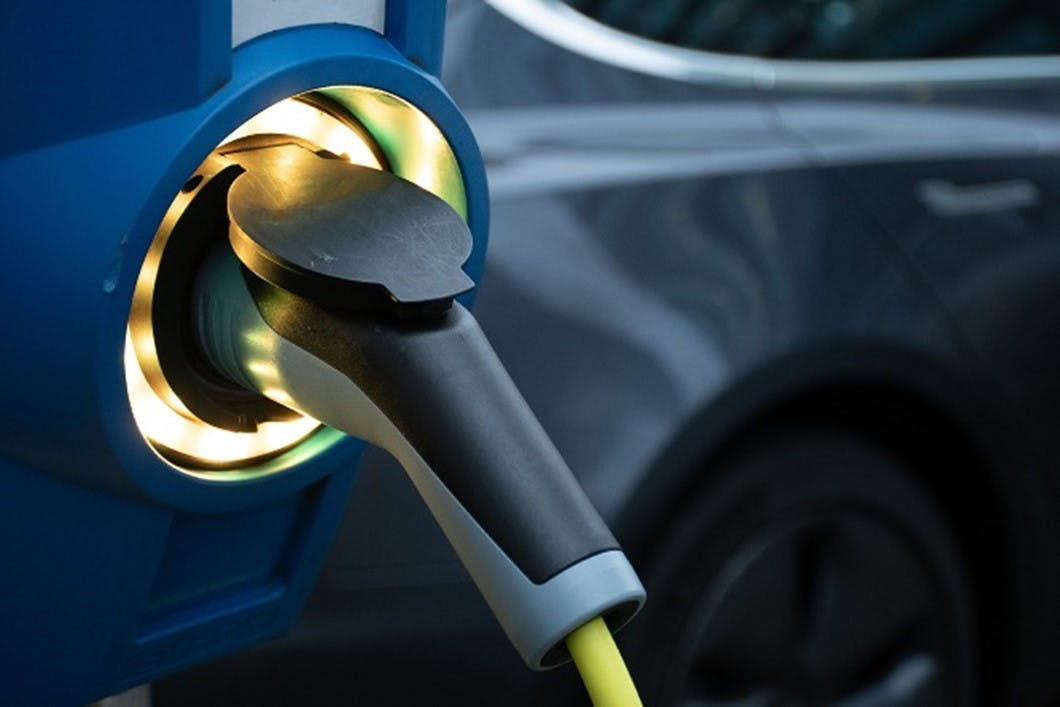Energy Centre (Orkusetur)
The role of the Energy Centre is to promote increased awareness among the public and businesses about effective energy usage and opportunities for energy conservation. The Energy Centre's projects also encompass the field of new energy sources and the creation of educational materials. The Energy Centre is an independent and autonomous entity working towards its objectives as a kind of intermediary between authorities, the public, businesses, and institutions.
The Energy Centre's website
Why was the Energy Centre was created?
The Energy Centre is established by the National Energy Authority in collaboration with the Ministry of Industry and Commerce. The project is supported by the European Union, with additional funding from Samorka. Within the context of the European Union's energy sector, there is a fund known as Intelligent Energy – Europe (IEE). Among the project categories that IEE aims to strengthen is the establishment of energy centres or energy agencies in member states. These agencies are intended to operate regionally and around 350 such offices have already been established across Europe with the support of IEE.
Transport and vehicle policy
Among the roles of the Energy Centre is to identify and promote ways to reduce the use of fossil fuels in transportation. The Energy Centre sets its own policy regarding the purchase, rental, and use of vehicles.
This policy will guide the Energy Centre with the following principles:
1. Reduce the use of fossil fuels.
2. Increase the share of renewable energy sources for propulsion.
To achieve these goals, the Energy Centre will pursue the following strategies:
1. Vehicles purchased by the Energy Centre will be powered by environmentally friendly energy sources, where energy efficiency will be a criterion for vehicle selection.
2. If the above-mentioned vehicles are not suitable or available, the Energy Centre will aim to select vehicles with the lowest fuel consumption whenever possible.
3. When renting vehicles, whether through car rental agencies or car-sharing services, preference will be given to companies offering vehicles powered by environmentally friendly energy sources and/or fuel-efficient vehicles with CO2 emissions below 120 g/km. Such vehicles should always be requested, unless specific circumstances require larger vehicles.
4. If larger vehicles are necessary due to specific circumstances, efforts will be made to choose the most energy-efficient vehicle within each size category.
5. The Energy Centre staff will be offered training in eco-driving techniques that reduce fuel consumption, environmental impact, and enhance driving safety.
6. The Energy Centre staff will use public transportation during working hours whenever feasible and seek shorter walking routes, unless special circumstances require otherwise.
7. Unnecessary trips will be minimized using information technology and increased ridesharing.
For additional information, please refer to the official sources of the Energy Centre.